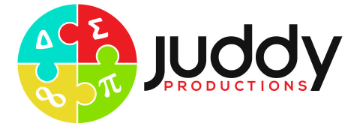Practical investigation
Systematic experimentation is an important aspect of physics inquiry. In this area of study students design and conduct a practical investigation related to knowledge and skills developed in Area of Study 1 and/or Area of Study 2.
The investigation requires the student to develop a question, plan a course of action that attempts to answer the question, undertake an investigation to collect the appropriate primary qualitative and/or quantitative data, organise and interpret the data, and reach a conclusion in response to the question. The student designs and undertakes an investigation involving two independent variables one of which should be a continuous variable. A practical logbook must be maintained by the student for recording, authentication and assessment purposes.
On completion of this unit the student should be able to design and undertake an investigation of a physics question related to the scientific inquiry processes of data collection and analysis, and draw conclusions based on evidence from collected data.
Key knowledge
- the physics concepts specific to the investigation and their significance, including definitions of key terms, and physics representations
- the characteristics of scientific research methodologies and techniques of primary qualitative and quantitative data collection relevant to the selected investigation, including experiments (thermodynamics, construction of electric circuits, mechanics), and/or the evaluation of a device; precision, accuracy, reliability and validity of data; and identification of uncertainty
- identification and application of relevant health and safety guidelines
- methods of organising, analysing and evaluating primary data to identify patterns and relationships including sources of error and uncertainty, and limitations of data and methodologies
- observations and experiments that are consistent with, or challenge, current physics models or theories
- the nature of evidence that supports or refutes a hypothesis, model or theory
- the key findings of the selected investigation and their relationship to key physics concepts
- the conventions of scientific report writing including physics terminology and representations, symbols, equations and formulas, units of measurement, significant figures, standard abbreviations and acknowledgment of references
(Source: vcaa.vic.edu.au)
